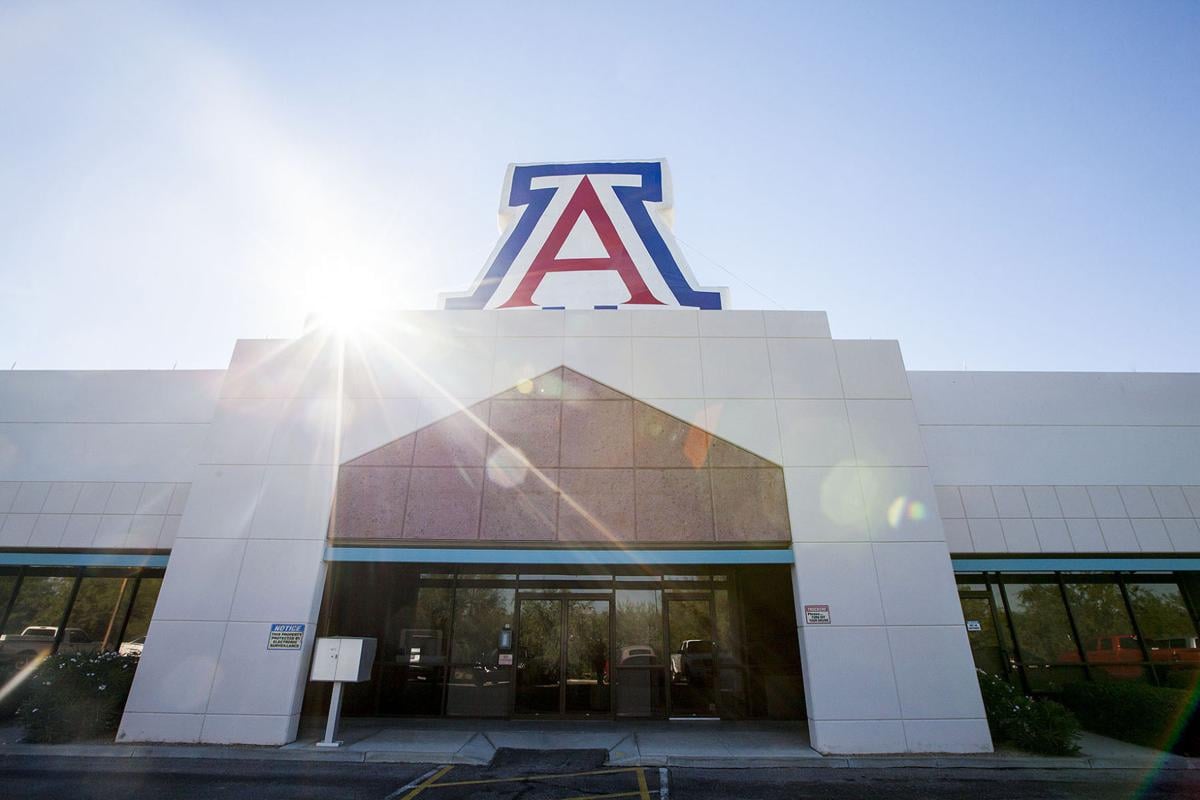The University of Arizona’s longtime dream of opening a veterinary school won’t be coming true any time soon.
The proposed project, which received $8 million from state taxpayers in this year’s budget, is on hold until at least 2019 after the nation’s veterinary school accreditor rejected the UA’s accreditation proposal a second time.
The American Veterinary Medical Association’s Council on Education first ruled last summer that the UA’s plans to create a novel fast-track veterinary school were flawed to the point that students might not receive a high quality education.
The UA disputed that its plan was inadequate and spent $10,000 to appeal the decision. On Thursday, the university put out a news release saying it lost the appeal.
“This was not the decision we hoped for, obviously, but we are not giving up,” said Provost Andrew Comrie, who added that the UA plans to continue the quest for accreditation.
The university will work with the accreditor “to meet or exceed all of its standards and become a program worthy of Arizona and the University of Arizona,” he said.
The veterinary council could have made the UA wait until April 2018 to reapply for accreditation, but offered instead to accept a new application in June this year. Even so, the process could take 18 months or more and, assuming it goes well, the earliest the new school could open its doors would likely be fall 2019, Comrie said.
The UA initially had hoped to start enrolling students in 2015.
The UA concept called for veterinarians to be trained in three years instead of four by attending school year-round instead of taking summers off. It also called for much of the training to occur at non-UA locations such as the Reid Park Zoo and the Pima Animal Care Center.
In rejecting the UA proposal last June, the accreditor said it met six of 11 quality standards necessary for accreditation.
Areas of deficiency included lack of evidence of the program’s long-term financial viability, inadequate staffing and recruiting plans, lack of a high-quality research program and concerns that students might not have adequate access to learning opportunities.
The accreditor was concerned that the number of animals in need of medical care at the off-site locations might not be large enough to support the training needs of the 100 would-be veterinarians the UA proposed to enroll each year.
Although the UA lost the appeal there was one bright spot: The accreditor reconsidered its initial finding that UA lacked a high-quality veterinary research program. That means the university now meets seven of 11 quality standards instead of six of 11.
The proposal the accreditor rejected was the brainchild of the UA’s Shane Burgess, dean of agriculture and life sciences. Now the UA has hired a veterinary consultant to aid the effort.
The consultant, Mark Cushing, is “a longtime political strategist, lobbyist, corporate executive and former litigator” according to the website of his firm, Animal Policy Group. Comrie, the provost, said Cushing has successfully helped three other educational institutions obtain veterinary school accreditation.
The expected cost of Cushing’s services wasn’t immediately available Thursday.
The veterinary school was a signature initiative of departing UA President Ann Weaver Hart, who convinced the state Legislature to make an $8 million contribution to the effort after lawmakers initially said no.
It wasn’t immediately clear how much of the state money has been spent to date.
Comrie maintained in an interview Thursday that none was spent, but a UA news release last year said some of the money was already being used to upgrade a site in Oro Valley that would serve as the veterinary school’s headquarters.
The state funding “has allowed the university to begin renovating the School of Veterinary Medicine building in Oro Valley,” the Aug. 9, 2016, news release said.





